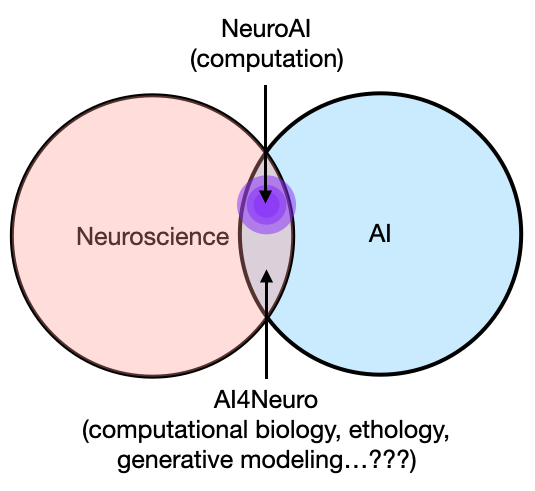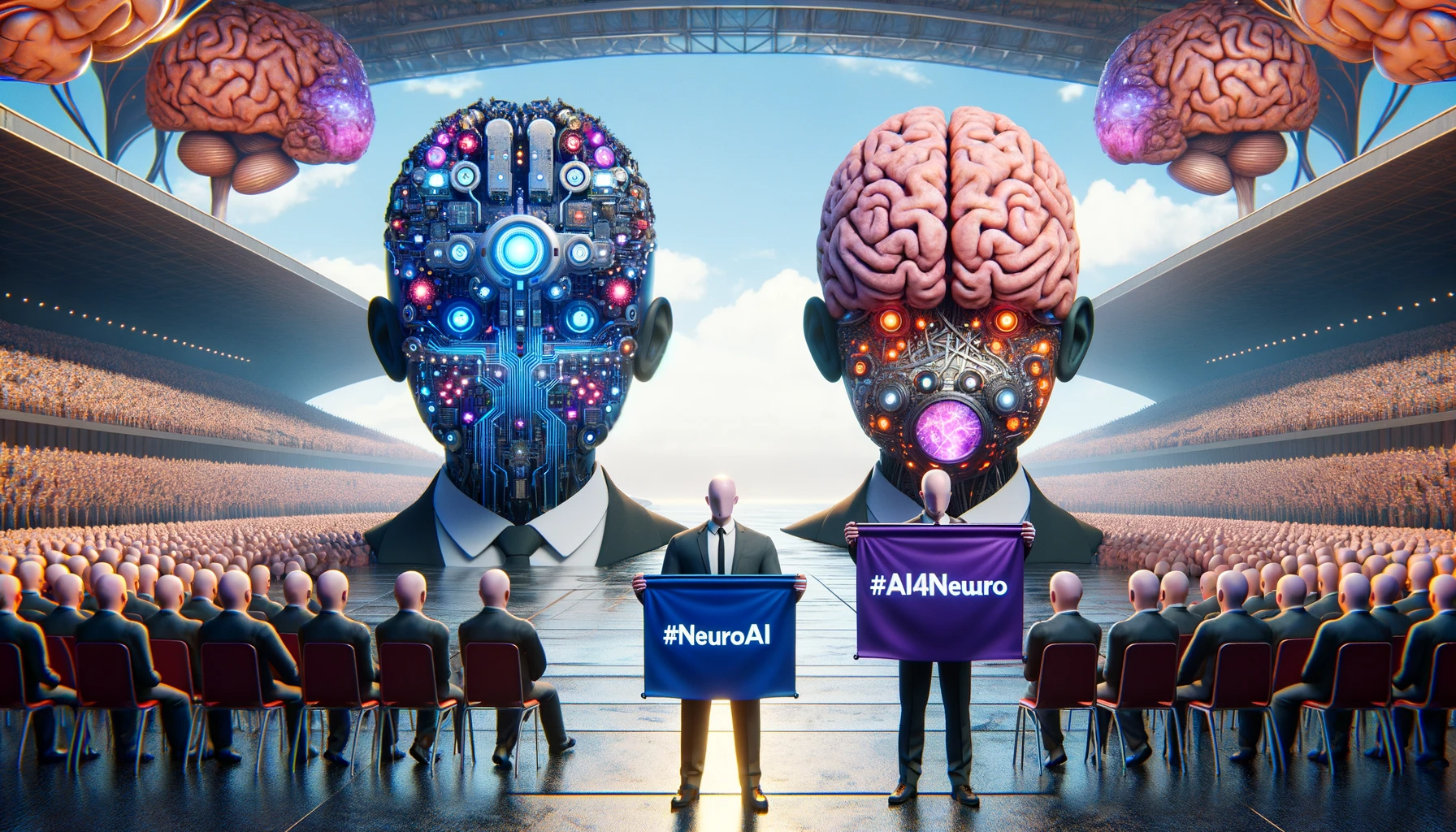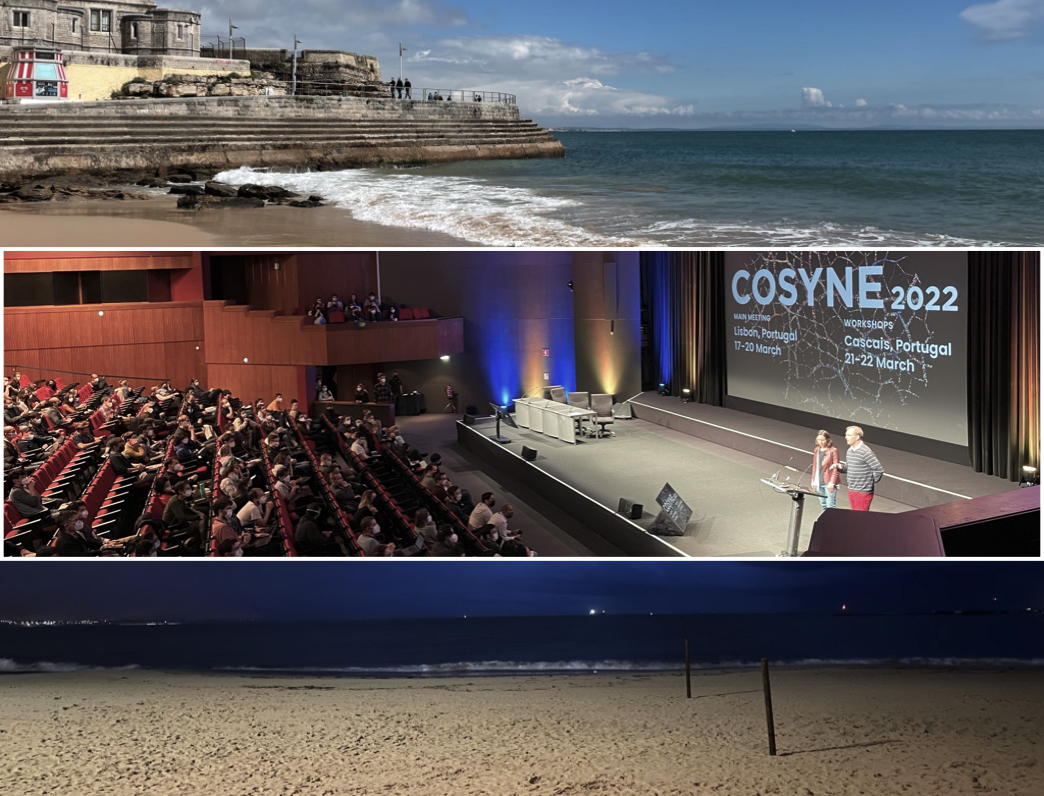Feb 13, 2017 (For week of Feb 6)
Life gets crazy once in a while, and things fall through the crack. Here I am again, a day late on my weekly-scheduled blogging. I actually started writing (a very heavy) one yesterday and continued today, but I realized halfway through that I needed way more reflection to figure out what I actually want to say, and how I want to say it. So I will store that one for a future date and write about something more immediately relevant to my life this week. I apologize in advance if this offends anybody, I think I’m growing older and wiser, but sometimes it’s really just the former.
Last week was Open House weekend for the department of Cognitive Science at UCSD, where prospective PhD students come in to visit and interview with professors. It was my 3rd time being on the hosting side (geez), and while out at a welcoming event, my friend (and fellow graduate student) Shuai asked me an innocent enough question that kept me thinking the whole weekend. He said that, about a year ago, I had openly declared at happy hour that “all this cognitive science stuff is bullshit”, and that neuroscience is the real deal in figuring out how the brain works and how people are able to think. Fast forward to this year, about a few months ago, I had advised him to think about his own research in machine learning in a broader, cognitive science-driven perspective, both as a way of looking for unexpected insights, as well as to facilitate communication between his specific area of research and non-experts in the department.
I remember the second event very clearly, but not the first (and I was quite shocked I would say that out loud at a department happy hour). Well, in my first year and half or so, I was genuinely under the belief that cognitive science is useless: at best, it’s people debating outdated philosophical ideas; at worst, it’s a willful waste of research time and resource. But somehow, now that I’m in the middle of my third year, I have gained a more profound appreciation of what cognitive science tries to do, and I’m apparently advising younger students to follow suit. And although I (and people around me) have previously acknowledge my shift in attitude, I’ve never really paused to think about how that happened, and apparently so quickly at that. And that is what I am writing about today. Spoiler: it’s not Stockholm Syndrome (I hope).
It’s funny how life is, actually. Because the day after he asked me about this, our Chair (and literal (?) rock of the department), Marta Kutas, gave her opening address to the prospective students and talked about what she had learned from Cognitive Science at UCSD during her years here. Really, she had said one word that was able to capture very well what I have felt I’ve gained in my two and half years here, and that is humility. There is a lot I can say about it, but to keep it brief, I think there were 3 distinctive stages in how this had happened.
The first stage is when I realized, sometime last year, that what I’m really curious about is not how the brain works as a complex biological machinery, per se, but how that complexity enables us to think, laugh, feel, and lose those abilities when something goes wrong. I still think the brain itself is fascinating, and my day-to-day work revolves around figuring that out, which effectively makes me a neuroscientist. But I think the one truly meaningful impact I can make, and the one that I care a lot about, is to change the lives of people who are adversely impacted by a mishap in the 3 pound lump in their skulls, i.e. people with neurological and psychiatric disorders. And not to do so by finding a treatment that could alleviate their symptoms or even causes, but also to understand why. This is a profound yet subtle difference, and it really came after I finished reading The Man Who Mistook His Wife for a Hat, by the late Oliver Sacks. This realization came at a time when I felt myself getting lost while meandering in the sea of neuroscience literature, collecting fact after fact but with no real goal in mind (I will come back to later). All of the stories in that book are wonderfully amazing, yet I noticed a strange feeling in myself while reading about, for example, the Autistic Artist, and not for the disease itself, but how it impacted the way he thinks. It was a mixture of wonder, sadness, and the tiniest hint at a sense of purpose. I’ve yet to fully understand that feeling and what it means for my future, but I do know that I am neither a biologist nor a computer scientist - not those alone, at least.
Having been cued on the superbly diverse range of behaviors and thoughts a person can produce, as they do in the book, I started to notice a profound lack of exactly that in the modern scientific literature on neuroscience. Just to be clear, I’m not saying that there is nobody out there studying behavior, as there are groups doing very clever experiments, coupled with neuroscientific methods, precisely in an attempt to find the neural basis. I am also not saying that you can’t do good work when looking only at biology or “computation” and don’t consider behavior, that would be the pot calling the kettle black. What I am saying is that, I think the field of neuroscience as a whole understands how difficult of a problem it is to fully study behavior, thoughts, cognition, and thus (cleverly) do what we can to avoid getting our hands too dirty. I am making a slight caricature here, but the amount of paper I have read that puts a person squarely in a giant magnet doing some simple “cognitive task” (trying to not fall asleep), while claiming to have found some neural basis of such and such, is a few too many (very relevant: this new paper). Again, I get why these works exist, and I sympathize completely with my fellow graduate students and scientists, which just furthers my belief that it is a fucking difficult problem and neuroscience as a whole is largely trying to avoid the real business of human behavior and cognition. That, my friends, is humbling: to go from a hothead in my first year, believing that solving our thoughts through studying the brain is simply a matter of time, to realizing that I can count on two limbs the number of groups making a concerted effort on solving this problem in a reasonable way. Not even headway, but effort. Again, studying the brain from the perspectives of molecules, cells, genetics, and anatomy are all tremendously useful, and will ultimately prove to be the flashlights that we wield to illuminate mysteries about our consciousness and cognition, but those alone will not be sufficient.
And that brings me to: reacquaintance. In the very first academic term of my PhD, we had to take a class on the Foundations and History of Cognitive Science. This was ultimately the class that turned me off of cognitive science for a year, because all we talked about were papers from at least 2 decades ago debating about problems that were largely philosophical and seemingly had no real solutions or significance. I’ll give you an example: does a brain isolated in a vat have cognition? (“Of course it fucking does, the brain has all the connections and information necessary, and it is the SOLE contributor to our mental experience. JUST TRY IT!”) I concluded from there that cognitive scientists were mostly either armchair philosophers, or theorists so entrenched in their outdated ideas that they forget about the brain. In hindsight, this was obviously stupid (I can’t imagine how chill of a person Seana has to be to not tell me I’m an idiot). What changed? Well, I realized that all (well, most of) the philosophical questions raised by cognitive scientists of the pasts are attempts at pinning down the exact thing we should be trying to study empirically, i.e. what is the mind/cognition. Since neuroscience has taken over as the flag-bearer of mind-mapping, we don’t often hear about these philosophical brain twisters anymore. But that’s not because we’ve solved these questions - all we did was to stop talking about them. And so once again, appreciation of the difficulty of these problems brought me humility, along with knowing that smart people around me are working on problems everyday that may not have anything to do with the brain, but are interesting in their own right and will, just like biology and genetics, shed some light on how our mind works - simply from another angle.
And that, is my journey after two and half years of PhD in Cognitive Science (half-way there, Ma!). It’s funny how life works sometimes (I seem to say that a lot these days): I had no idea what cognitive science was coming out of engineering, then literally stumbling onto the department website and Brad’s blog, then thinking to myself after a year here that I’ve made a huge mistake and should’ve enrolled in neuroscience, to today…well, I don’t know what today is. Let’s be clear, I still and will always think that the brain is the shit, and that we have to study the biological basis of our cognition via biological means, even if other forms of cognition can be instantiated (like AI). I guess I’m just a little bit more open to be inspired by other means.
Hopefully, I can provide some kind of answer soon on whether a brain in a vat (or a dish?) have cognition.




